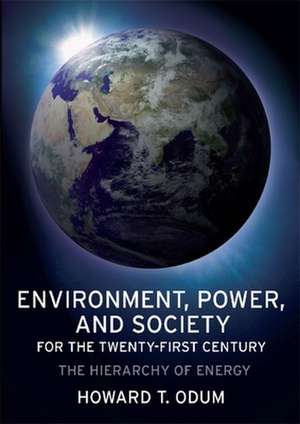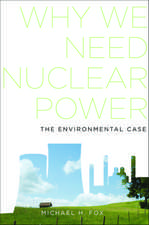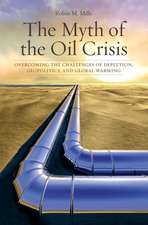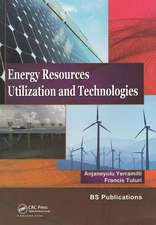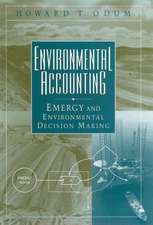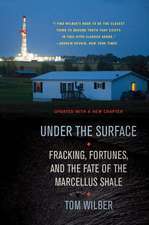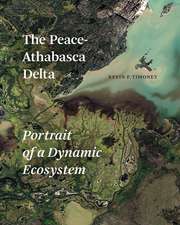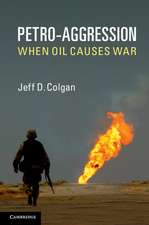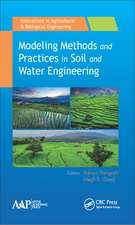Environment, Power and Society for the Twenty–First Century – The Hierarchy of Energy
Autor Howard Odumen Limba Engleză Paperback – 18 iun 2007
Howard T. Odum possessed one of the most innovative minds of the twentieth century. He pioneered the fields of ecological engineering, ecological economics, and environmental accounting, working throughout his life to better understand the interrelationships of energy, environment, and society and their importance to the well-being of humanity and the planet.
This volume is a major modernization of Odum's classic work on the significance of power and its role in society, bringing his approach and insight to a whole new generation of students and scholars. For this edition Odum refines his original theories and introduces two new measures: emergy and transformity. These concepts can be used to evaluate and compare systems and their transformation and use of resources by accounting for all the energies and materials that flow in and out and expressing them in equivalent ability to do work. Natural energies such as solar radiation and the cycling of water, carbon, nitrogen, and oxygen are diagrammed in terms of energy and emergy flow. Through this method Odum reveals the similarities between human economic and social systems and the ecosystems of the natural world. In the process, we discover that our survival and prosperity are regulated as much by the laws of energetics as are systems of the physical and chemical world.
Preț: 321.59 lei
Nou
61.54€ • 63.89$ • 51.32£
Carte disponibilă
Livrare economică 04-18 martie
Livrare express 15-21 februarie pentru 47.52 lei
Specificații
ISBN-10: 0231128878
Pagini: 480
Dimensiuni: 178 x 253 x 30 mm
Greutate: 0.74 kg
Editura: Columbia University Press
Locul publicării:New York, United States
Cuprins
Notă biografică
Howard T. Odum was professor and director of the Center for Environmental Policy at the University of Florida, Gainesville. He was a winner of the Crafoord Prize from the Royal Swedish Academy of Sciences in 1987 for his contributions to ecology and environmental science. His student and colleague Mark Brown completed the revisions.
